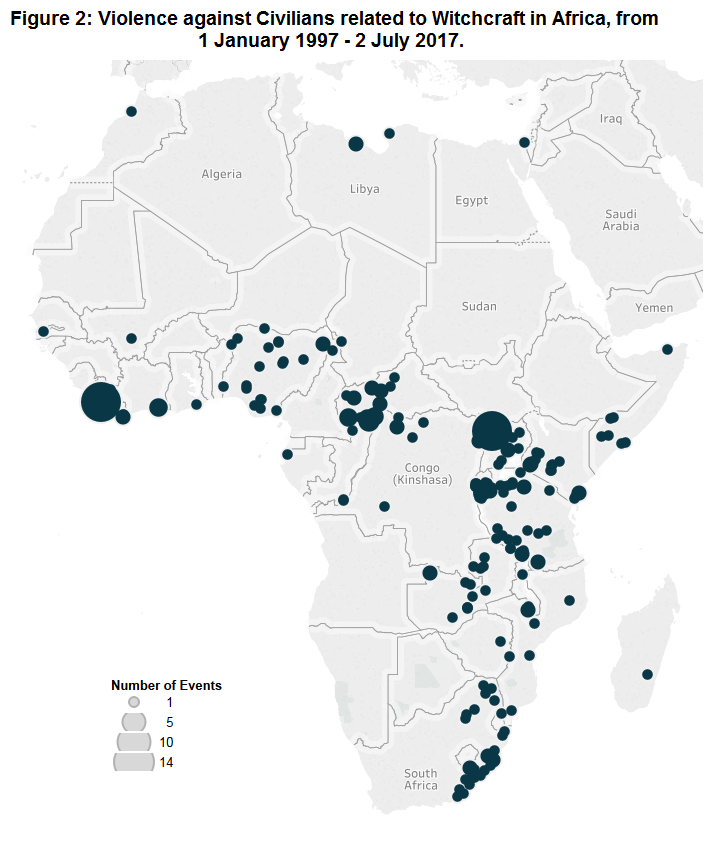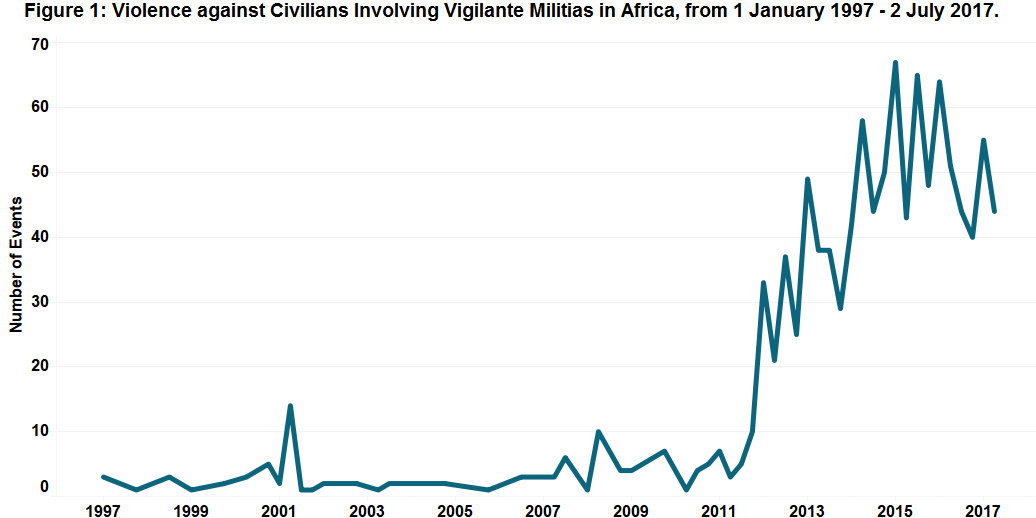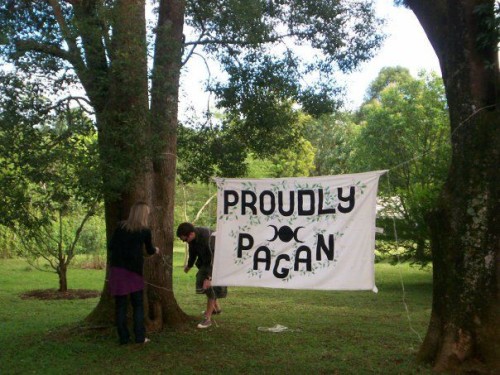Witchcraft Suppression Amendment Act 50 of 1970 Abolition of Corporal Punishment Act 33 of 1997 ACT To provide for the suppression of the practice of witchcraft and similar practices. Believe it or not but legislation was promulgated in order to regulate witchcraft in South Africa.

The Use Of Witchcraft In South Africa
Senior Lecturer in African law University of the North Witchcraft accusations mob violence and the breakdown of African justice In recent years there has been an intensification of witchcraft accusations killings and violence in South Africa1 Evidence indicates that there is a positive correlation between the criminalisation of customary court involve.

. The Witchcraft Suppression Act 3 of 1957 is an act of the Parliament of South Africa that prohibits various activities related to witchcraft witch smelling or witch-hunting. Witchcraft accusations and violence are. The proposed Witchcraft Control Act which provides for a four-year maximum sentence or R4 00000 fine for any person who performs any act which creates a reasonable suspicion that he or she is engaged in the practice of witchcraft Ralushai Commission Report pp.
The South African Law Reform Commission confirmed this as fact in relation to SAPRAs February 2007 appeal for a review and the repeal of the Witchcraft Suppression Act when it declared in 2016 that said Act was in respect of its prohibition of having knowledge of or practicing witchcraft unconstitutional and that South African Witches have the legal right to. South African Law Reform Commission Issue Paper 29 Review of the Witchcraft Suppression Act Project 135 September 2014 Books and chapters in Books Albertyn C and Goldblatt B Equality in Constitutional Law of South Africa 2nd ed Juta Cape Town 2005 Ashton EH. By recognising that witches exist and by punishing them the Ralushai.
However the proposed replacement law still. The South African Witchcraft Suppression Act was meant to suppress beliefs in witchcraft but on the contrary the Act has lead to an increase in witchcraft violence. Various legislative reforms have been proposed to try and address this complex problem.
In 2016 in an attempt to balance the constitutional freedom of religion with the rights of victims devastated by witchcraft-related violence the South African Reform Commission released a draft. The Basuto Oxford University Press London 1952. Of 1957 is repealed entirely as has been extensively motivated by this Alliance and its partners in its formal request to the South African Law Reform Commission for the repeal of Act.
The South African Suppression of Witchcraft Act of 1957 outlawed tribal mediation by chiefs and sangomas African priest-diviners in witchcraft accusation trials. Witches should be able to identify themselves as such the commission found as well as practice divination. Despite the ongoing existence of the national Witchcraft Suppression Act of 1957 based on colonial witchcraft legislation which criminalises the pretence of witchcraft and accusations of witchcraft violent witch-hunts have persisted in rural areas of South Africa.
It is illegal to accuse anybody of being a witch as South Africa is governed by the Witchcraft Suppression Act of 1957. In terms of Section 1 of the Witchcraft Suppression Act 3 of 1957 any person who make use of any other method that can be identified as supernatural is guilty of an offence if these uses are based on causing any form of disease injury or damage to any other persons. This Western legislative intervention denies African justice to Africans who.
- A state commission has criticized the present to investigate into the violence against witches Witchcraft Suppression Act as a relic of the days of white as well as into the numerous ritual killings. On its own witchcraft does not constitute a criminal offence. 3 in 2007 in order to give effect to the right of citizens to freedom of belief and religion including the right to practice divinations and Witchcraft the making of accusations.
If however as a result of this witchcraft one can prove beyond a reasonable doubt by direct evidence that harm or damage or potential harm or damage was caused to another then that persons responsible for causing the harm or damage would be held liable. Section 1 amended by Abolition of Corporal Punishment 33 of 1997. Even if Act 3.
1 Offences relating to the practice of witchcraft and similar practices Any person who- a imputes to any other person the causing by supernatural means of any. This is done within the parameters of relevant case law literature and the provisions of the current Witchcraft Suppression Act 3 of 1957 as well as the prescripts of the Law Reform Commissions. SOUTH AFRICA After years of lobbying by Pagan groups in the country the South African Law Reform Commission has determined that portions of that nations Witchcraft Suppression Act are unconstitutional.
Witchcraft may constitute gross misconduct relating to intimidation and even insolence in cases where the victim does not necessarily believe in witchcraft and employees could be disciplined when participating in such practices at the workplace. It is based on the Witchcraft Suppression Act 1895 of the Cape Colony which was in turn based on the Witchcraft Act 1735 of Great Britain. To provide for tbe suppression of the practice or witchcraft and slmllar practices.
The majority of south africans believe in witchcraft despite efforts by colonists and the successive white governments to suppress this belief3 belief in witchcraft prevails among the educated and uneducated and within both urban and rural settings4 to understand the treatment of witchcraft under customary law and. The Witchcraft Suppression Act 3 of 1957 aims. 99-112 Witchcraft and the State in South Africa Johannes Harnischfeger Abstract.
In the African context witchcraft whether one is Christian or not is still a strong force to be reckoned with In my view because the act is one of intimidation the misconduct of witchcraft does not even require the perpetrator to believe in it. In order to intimidate him or her I purportedly. For instance I may not believe in the power of witchcraft but I know that X does.
In an effort to provide greater clarity this contribution examines the approach to criminal matters involving a belief in witchcraft in South Africa to date. Whole villages of alleged witches have been set up under the protection of the police and hardly a day goes by without a witchcraft killing being reported by the media. Three cases are presented here to highlight the issues related to witch craft in Transkei area.
In Africa those accused of being witches often face execution. The South African Law Reform Commission received two submissions from the South Africa Pagan Council and the Traditional Healers. A range of accusations are leveled against witches such as causing impotence turning milk sour causing disease and death.
The law challenges the.

Witchcraft And Vigilante Justice In Africa

Witchcraft Suppression Act Undermines Culture Tradition The Chronicle

Witchcraft And Vigilante Justice In Africa

South Africa S Witchcraft Suppression Act Ruled Unconstitutional News Paganism World
0 komentar
Posting Komentar